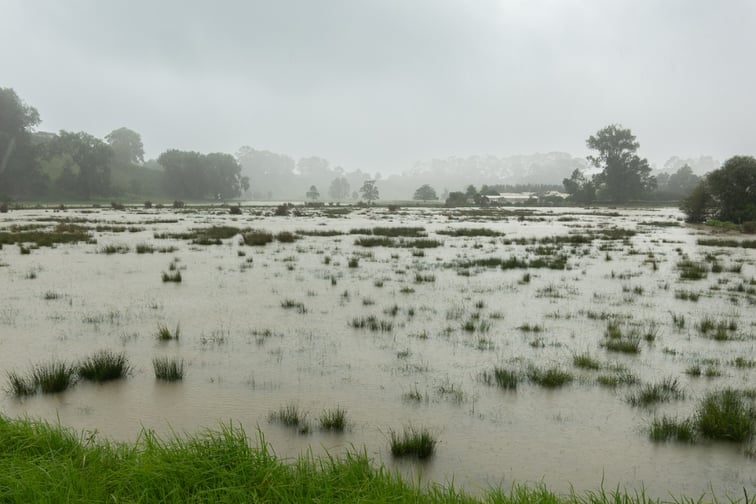

Despite the calls for managed retreat, and insurers working with the government to assess vulnerable locations, a sizeable portion of Crown entity Kāinga Ora’s planned state housing investments are set to be built on either rainfall or river flood-prone areas as well as coastal flooding zones.
Currently, 4,350 of Kāinga Ora’s properties in Auckland are built in flood zones, with a total property value of more than $3.1 billion. In total, more than 15% of its current state housing portfolio is on flood-prone land. It was found that 16% of its future investments are set to go up in rainfall or river flood-prone areas, and 1.7% in coastal flooding zones at risk of sea level rise.
A report from RNZ revealed that Kāinga Ora commissioned a report from the National Institute of Water and Atmospheric Research (NIWA) that suggested rising sea levels could spell disaster for homes in vulnerable areas. Kāinga Ora strategy, finance, and performance manager Gareth Stiven said that the entity has been taking a more robust approach regarding planning and construction ever since the NIWA report.
"Historically, Kāinga Ora's approach has been to meet minimum council requirements or to address risks when they were obvious," Stiven said.
To address these issues, Stiven said that Kāinga Ora was also developing its own flood risk data to assess the viability of its state houses.
"In 2023, Kāinga Ora is establishing its own tolerances for climate risks, and improving the quality of data available so we can make better decisions when it comes to avoiding, adapting to or mitigating climate risks, such as flooding," Stiven said. "Managed retreat is one form of climate change adaptation under consideration by Kāinga Ora. However, it is a nuanced process and a collective challenge for all public service agencies or crown entities."
He also addressed the projects that are yet to be built, saying that most of those were decided on before the climate change reports from NIWA arrived.
"Much of this is prior to the significant emphasis now placed on climate change resilience and the availability of more detailed flood hazard information. Where possible, Kāinga Ora is trying to manage and reduce flood risk," he said.
A separate model from insurer AIG found 20,000 New Zealand homes at risk of severe flooding.
What are your thoughts on this story? Please feel free to share your comments below.
